What Do You Do When You’re Doing Business with Someone the U.S. Government Decides Is an Enemy? For Some U.S. Citizens, the Answer May Be To Sue the Government
Imagine that you own or work for a U.S. company that does most of its business with international customers and/or business partners. For years, you’ve worked hard to build those relationships, and your company is thriving.
Then, one day, you wake up and turn on the news and find out that the U.S. government has decided to sanction a country where your main customer base is located, or a group or individual you’ve heard has ties to a lot of your business partners. What do you do?
The last two weeks have now seen back-to-back civil complaints filed by U.S. citizens and companies who’ve found themselves in similar situations—and they’re suing the U.S. government, claiming that recent sanctions measures violate their Fourth and Fifth Amendment rights.
In US VC Partners GP LLC v. U.S. Dep’t of the Treasury et al., a U.S. citizen, Andrew Intrater, is alleging that the Treasury Department’s Office of Foreign Assets Control (OFAC)’s seizure of his and his investment funds’ assets—because of his ties to two Russian citizens that OFAC recently sanctioned—violates the Fourth and Fifth Amendments. And in FedEx Corp. v. Dep’t of Commerce et al., FedEx is challenging the provision in the Export Administration Regulations (“EAR”) that holds U.S. carriers strictly liable for shipping packages to destinations or entities prohibited by U.S. law—even if FedEx accidentally misroutes the package, and regardless of the sender’s intent. That’s not a new provision, but the suit comes on the heels of news reports that the Commerce Department’s new restrictions on Huawei and related entities have made it even more difficult for FedEx to comply with U.S. export control laws. FedEx is alleging that this is unconstitutional under the Fifth Amendment.
It’s not new for the executive branch to impose trade restrictions with other entities, individuals, or even with other countries. Nor is it new for U.S. companies and their employees to face compliance challenges with these regulations. But legal challenges to these regulations rarely happen—partly because the decision to impose sanctions involves decisions about foreign policy and national security, and judges will routinely defer to the executive branch on those issues. Given that, and given the costs of litigation, few individuals or entities resort to a constitutional challenge to U.S. sanctions laws. So it’s virtually unprecedented for two of these cases to be brought within such a short timeframe—and from two plaintiffs who appear to be relatively high-value and legally sophisticated. But we could see more cases like these, if the administration continues to use sanctions as a major foreign policy tool.
Whenever a president decides to impose sanctions against a given foreign country, entity, and/or individual(s), OFAC is primarily responsible for administering sanctions and will promulgate regulations on what specific sanctions cover. For transactions that involve exports of specific goods or data, then the Department of Commerce and the Department of State also have separate regulations—for Commerce, the EAR, and for State, the International Traffic in Arms Regulations (ITAR)—restricting whether and under what circumstances U.S. citizens and companies can engage in those transactions. But once any or all of these regulations change, U.S. businesses are often left scrambling to figure out whether a particular sanction means they need to change anything about how they do business and who they do business with. As Mr. Intrater’s and FedEx’s complaints both make clear, this often involves, at minimum, figuring out:
(1) Who own(s) the customer(s) and what that ownership structure looks like; and
(2) If their customers are subject to sanctions, whether they need to apply for license(s) from any or all of these agencies to continue doing business with them. And if they do need to apply for licenses, those applications may take months or even years before OFAC grants or denies them.
The risks of noncompliance are steep—hefty fines for companies, prison for individuals, and the financial and emotional costs of being investigated by the government. And the U.S. government has been aggressive about combating economic espionage by foreign governments and theft of U.S. companies’ intellectual property. On July 18, I’ll be moderating a panel, sponsored by the DC Bar, where both prosecutors and experienced defense attorneys will talk about enforcement trends they’re seeing—which often necessarily involve alleged violations of sanctions and/or U.S. export control laws—and their day-to-day work in these cases.
But for U.S. companies and individuals doing business abroad, the kinds of regulatory headaches described in these complaints—e.g., lengthy waiting periods for OFAC licenses, and due diligence challenges for large companies—as maddening as they are, have been the state of play even before the current administration. But this administration has expanded sanctions so dramatically, and so quickly, that we may be seeing more U.S. companies willing to ask the courts upfront to find them unconstitutional—and courts may be more inclined to pay attention.
July 9, 2019
